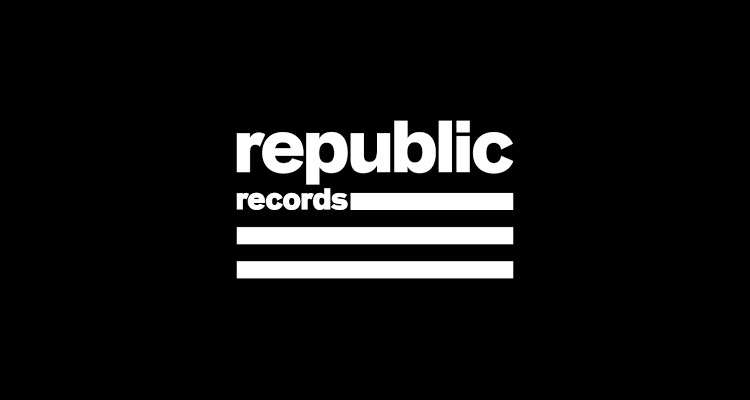Back in November, Universal Music Group filed a firmly worded lawsuit against investment platform OpenDeal, alleging that the entity’s foray into music had infringed upon multiple trademarks. Now, the presiding judge has officially denied the Big Three label’s motion for a preliminary injunction.
OpenDeal debuted in 2016, operates as Republic, and bills itself as “a financial technology company that specializes in investment-related services in the private markets.” The present legal battle with Universal Music Group (UMG) began last October, when the defendant announced plans to add music investments to its offerings.
Universal Music promptly took issue with the expansion, claiming that Republic’s presence in the industry would mislead consumers and infringe upon trademarks associated with the major label’s famed Republic Records subsidiary. UMG also expressed its objections in a cease-and-desist letter, but needless to say, the correspondence and subsequent talks didn’t bring about an amicable resolution.
Republic (the investment service) ultimately proceeded with its entry into the music space, enlisting Lil Pump to sell a stake in his and Soulja Boy’s “Mona Lisa.” The offering quickly hit its targeted capital raise, and UMG pointed to alleged “instances of confusion” between the defendant company and Republic Records when requesting a preliminary injunction as part of its complaint.
As mentioned at the outset, though, the court has dismissed this injunction request, a newly filed order has revealed.
After reiterating that OpenDeal had taken down its Republic music-investment page altogether in December, Judge Analisa Torres’ 20-page-long analysis indicates that “UMG must show that its use of the standalone Republic mark [which, unlike Republic Records, it has not trademarked] ‘has been deliberate and continuous, not sporadic, casual or transitory’” in order to obtain common-law trademark protection.
“UMG has put forth limited evidence that, at least in the early 2000s, it branded its products with a standalone ‘Republic’ mark,” the order reads. “But, these examples are all nearly two decades old. … UMG does not identify any instances of its continuing to use this mark to identify its products and services in the marketplace in more recent years.”
Next, beyond the lack of “deliberate and continuous” use of “Republic” as an identifier for UMG-owned Republic Records, the plaintiff “has not put forth sufficient evidence, at this stage, to demonstrate that ‘Republic’ has acquired secondary meaning or gained distinctiveness in the marketplace,” per the text.
Specifically, “there is no evidence that UMG’s products and services are widely identified by the ‘Republic’ mark alone, particularly after October 2021,” the document indicates, and the company likewise “adduces no compelling evidence, such as consumer studies,” that illustrate the public’s purported association of “Republic” with “Republic Records.”
Lastly, the respective logos of the investment platform and UMG’s Republic Records “are distinguishable in their color scheme, font, and layout,” according to the legal analysis – and are therefore unlikely to cause confusion among fans and customers.
“UMG has identified almost no instances in which the term ‘Republic’ is used to identify its products and services—either by UMG, or third-parties—without the full ‘Republic Records’ logo or mark accompanying it, which minimizes the likelihood of confusion between the parties’ products and services,” the ruling drives home, also describing Universal Music’s “evidence of actual consumer confusion” as “extremely minimal.”

